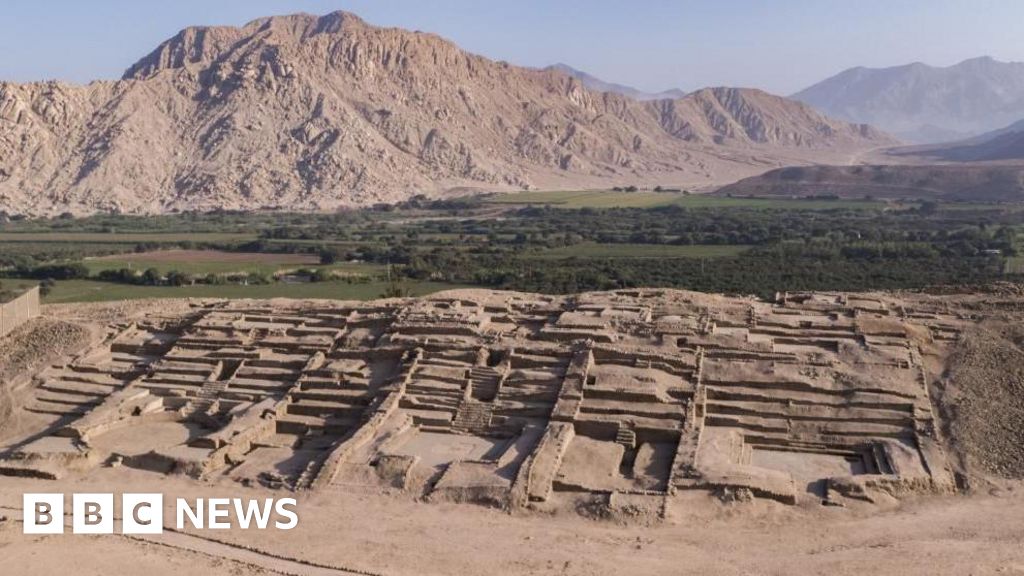ARTICLE AD BOX
CAIRO -- Iranian, Egyptian and U.N. leaders met in Cairo on Monday to discuss Iran's nuclear program after a report from the U.N. nuclear watchdog agency said Iran is further increasing its stockpile of uranium enriched to near weapons-grade levels.
Rafael Mariano Grossi, the head of the Vienna-based International Atomic Energy Agency, said the agency compiled the report because Iranian's uranium enrichment was an ongoing concern to the IAEA's board of governors.
“We hope that by providing the clarification we will be providing an incentive for clarity, an incentive for a peaceful solution and a diplomatic solution,” Grossi said in Cairo.
Iranian Foreign Minister Abbas Araghchi met with Egyptian President Abdel Fattah el-Sissi and Egyptian Foreign Minister Badr Abdelatty, though it was unclear if Araghchi would meet directly with Grossi. The two spoke by phone early Sunday.
Araghchi wrote on the messaging app Telegram that he stressed Iran’s “continuous cooperation” when he spoke with Grossi.
The confidential IAEA report, which was seen by The Associated Press on Saturday, raised a stern warning, saying Iran is now “the only non-nuclear-weapon state to produce such material,” something the agency said was of “serious concern.”
Iranian leadership believes the IAEA report is politically motivated by Grossi's hopes to become the U.N. secretary general.
Grossi is attempting to attract votes of several members of the U.N. Security Council with the report, the head of Iran’s Atomic Energy Organization, Mohammad Eslami, told the official IRNA news agency late Sunday.
“He basically has chosen a political attitude, and this political attitude has led the environment to be more political rather that technical," Eslami said.
Omani Foreign Minister Badr al-Busaidi, who is mediating the U.S.-Iran talks, visited Tehran on Saturday to present the latest U.S. proposal for ongoing talks. Araghchi wrote on Telegram that Iran is examining the proposal and crafting a response.
The U.S.-Iran talks are an attempt to limit Iran’s nuclear program in exchange for lifting of some of the crushing economic sanctions the U.S. has imposed on the Islamic Republic, which have strained relations for almost 50 years.
The fifth round of talks between the U.S. and Iran concluded in Rome last week with “some but not conclusive progress,” al-Busaidi said at the time.
Iran’s deputy foreign minister published a detailed response Sunday, which rejected many of the report’s findings. Kazem Gharibabadi noted that out of the IAEA’s 682 inspections of 32 states, 493 were carried out in Iran alone.
“So long as a country’s nuclear activities are under the IAEA’s monitoring, there is no cause for concern,” he said. “The Islamic Republic of Iran is neither pursuing nuclear weapons nor does it possess any undeclared nuclear materials or activities.”
The IAEA report said Iran as of May 17 had amassed 408.6 kilograms (900.8 pounds) of uranium enriched up to 60%. That is an increase of almost 50% since the IAEA’s last report in February. The 60% enriched material is a short, technical step away from weapons-grade levels of 90%.
___
Lidman reported from Dubai, United Arab Emirates.

 1 month ago
106
1 month ago
106








 English (US) ·
English (US) ·